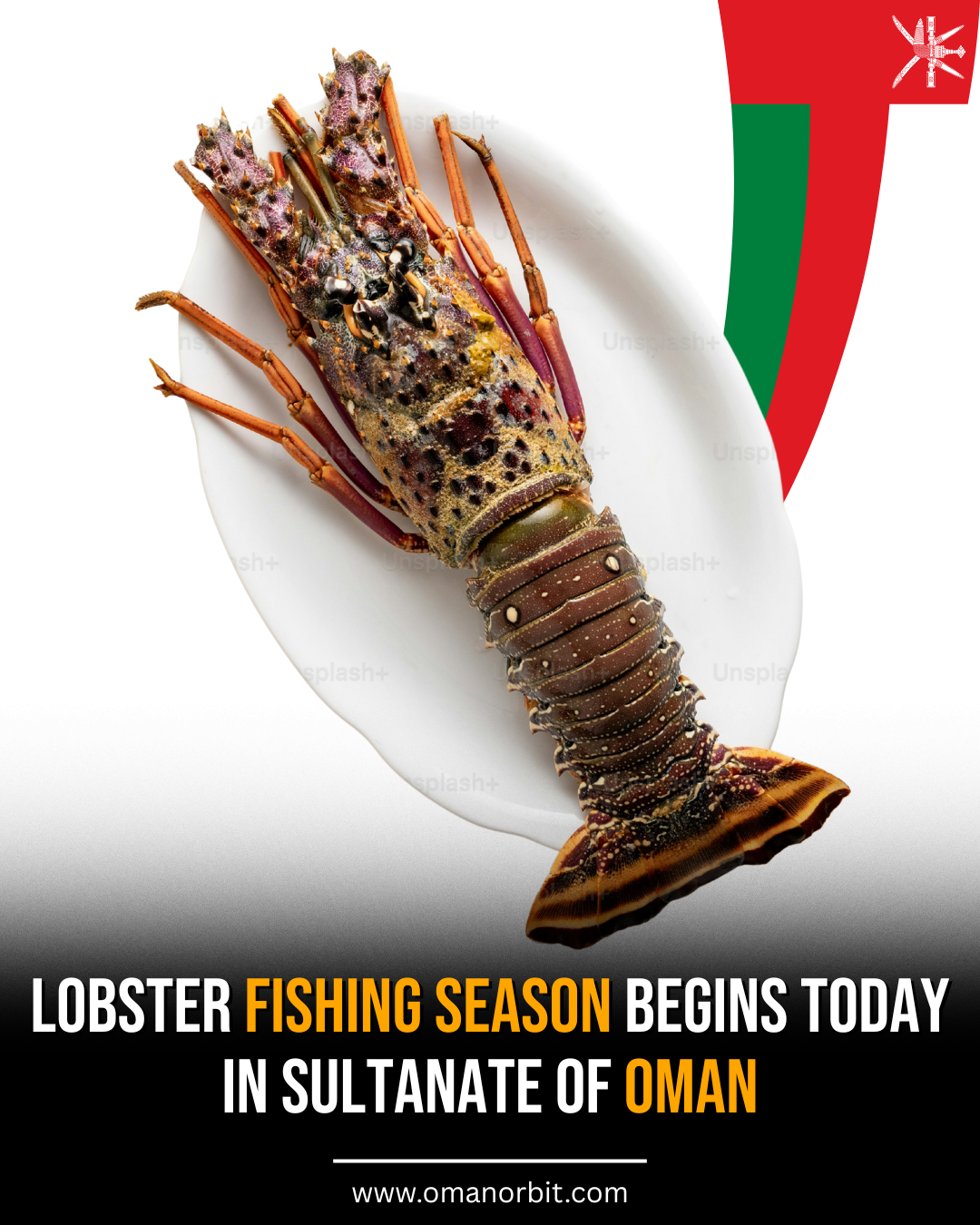
MUSCAT: The whale, found stranded along Oman’s coastline, was initially assessed by experts who performed a thorough autopsy. They found evidence suggesting that the whale had been suffering from a disease before its death. This particular whale, a species known to inhabit the deep waters of the Sea of Oman and the Arabian Sea, was over 15 meters in length, and its condition indicated it had been unwell for some time.
The autopsy revealed the presence of numerous parasites in the whale’s system, providing further evidence of the animal’s deteriorating health. These parasites, which may have compromised the whale’s immune system, could have played a significant role in weakening the animal before its death. Such findings have raised concerns about the potential impact of parasites and other health threats facing marine species in Oman’s waters.
The investigation into the cause of death remains ongoing, with samples from the whale being sent to laboratories at Sultan Qaboos University for further analysis. Experts are working diligently to determine whether the disease or the parasites were the primary factors that led to the whale’s demise. The results of these studies could offer valuable insights into the health of marine animals in the region and help guide conservation efforts moving forward.
Upon discovery, a dedicated team worked tirelessly for 55 continuous hours to conduct an autopsy, collect necessary samples, and ensure the whale was properly buried. The team’s swift and coordinated efforts allowed for proper documentation of the whale’s condition, and the samples taken will contribute to ongoing marine research. The team ensured that the whale was respectfully handled, honoring its life and the lessons its death could teach.
Collaborating with several governmental and private organizations, the team also studied the whale’s identity and attempted to identify the specific cause of death. This joint effort between multiple organizations reflects the importance of cooperation in addressing environmental issues and understanding the complexities of marine life in Oman’s waters. As the investigation continues, it underscores the significance of monitoring and protecting marine ecosystems for future generations.


